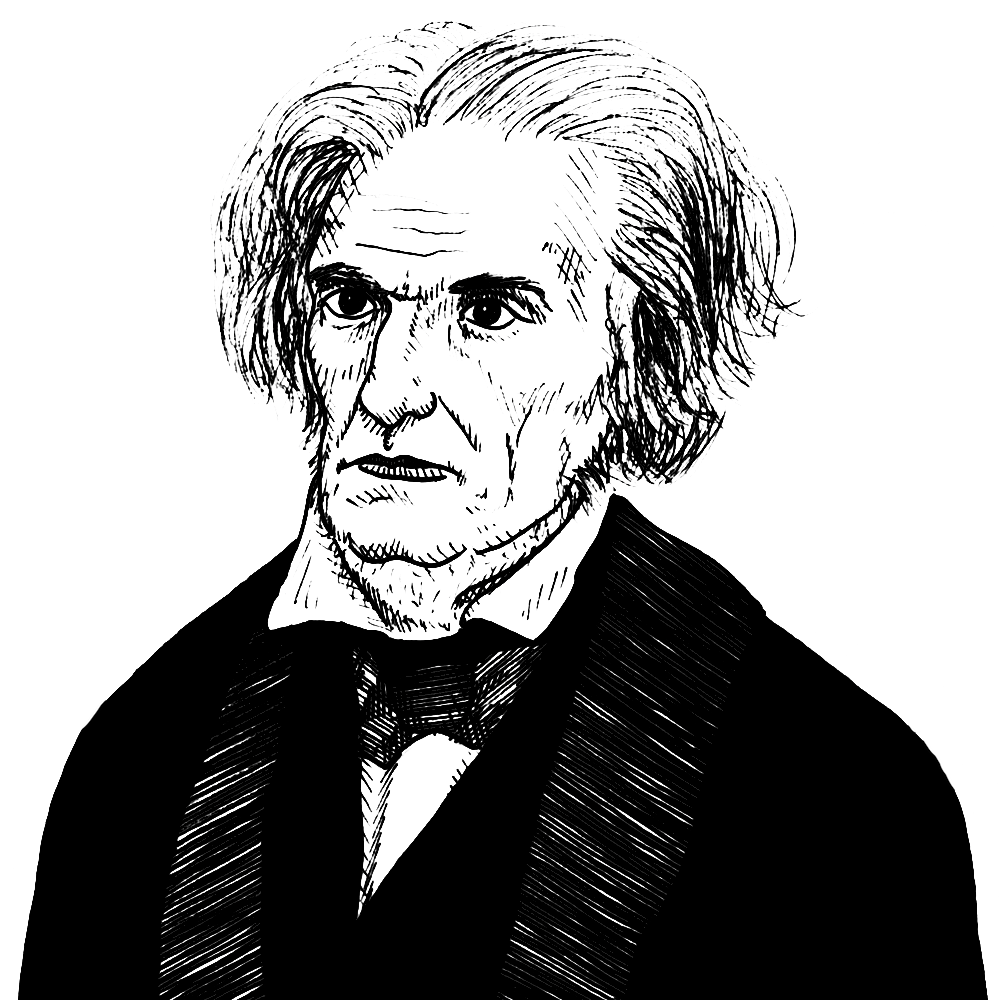
John C. Calhoun notes that taxation divides the community into two great antagonistic classes, those who pay the taxes and those who benefit from them (1850)
Found in: Union and Liberty: The Political Philosophy of John C. Calhoun
In an extended critique of The Federalist, the pre-Civil War Southern political philosopher John C. Calhoun argued that any system of taxation inevitably divided citizens into two antagonistic groups - the net tax payers and the net tax consumers:
Class
… it must necessarily follow, that some one portion of the community must pay in taxes more than it receives back in disbursements; while another receives in disbursements more than it pays in taxes… The necessary result, then, of the unequal fiscal action of the government is, to divide the community into two great classes; one consisting of those who, in reality, pay the taxes, and, of course, bear exclusively the burthen of supporting the government; and the other, of those who are the recipients of their proceeds, through disbursements, and who are, in fact, supported by the government; or, in fewer words, to divide it into tax-payers and tax-consumers.